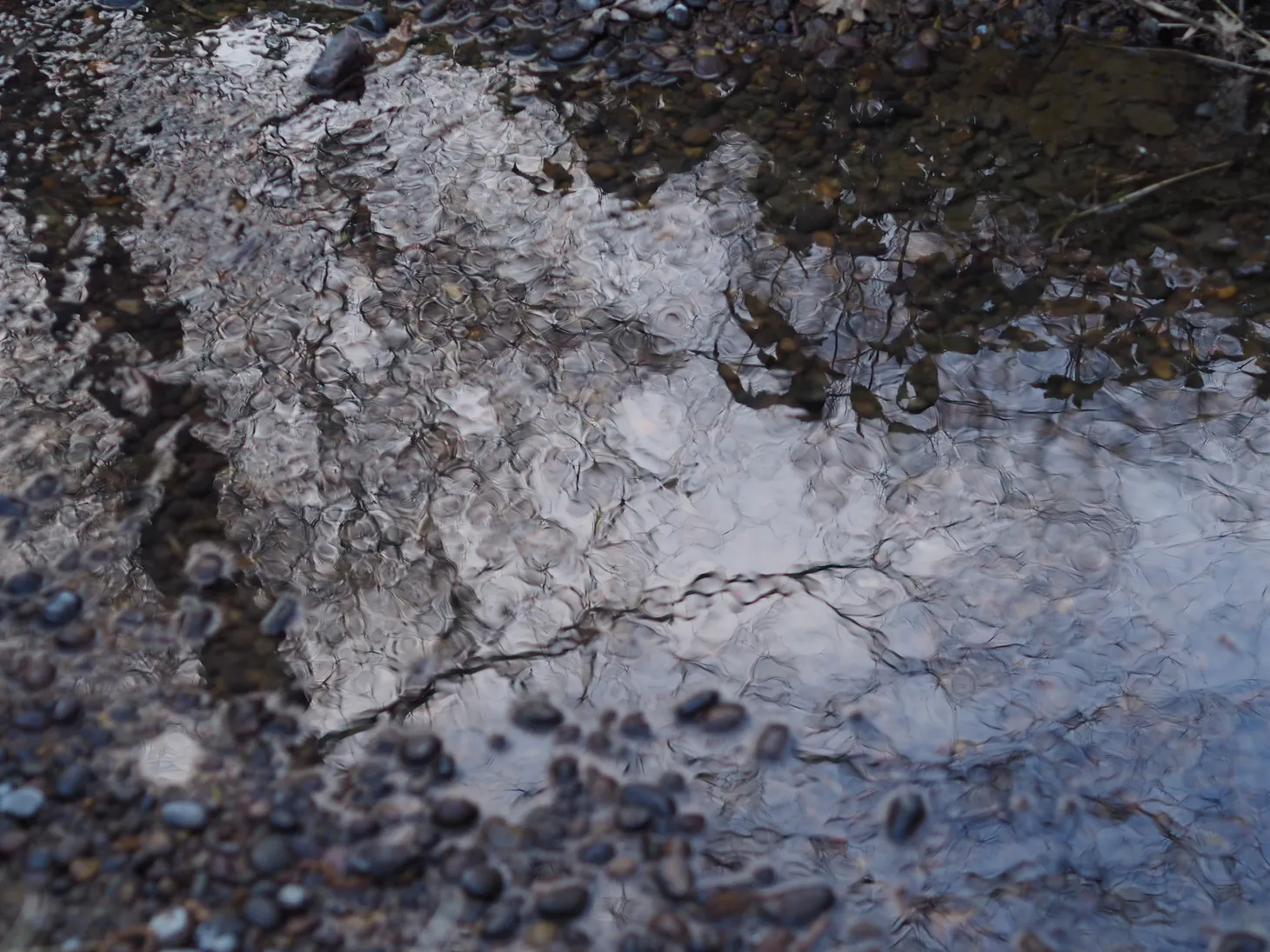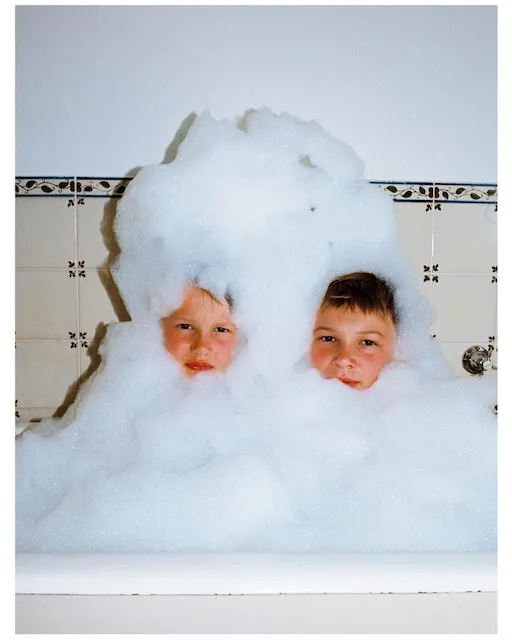Seeing Beyond Clichés
The problem with stereotypes is not that they are untrue, or unhelpful, but that they are incomplete.
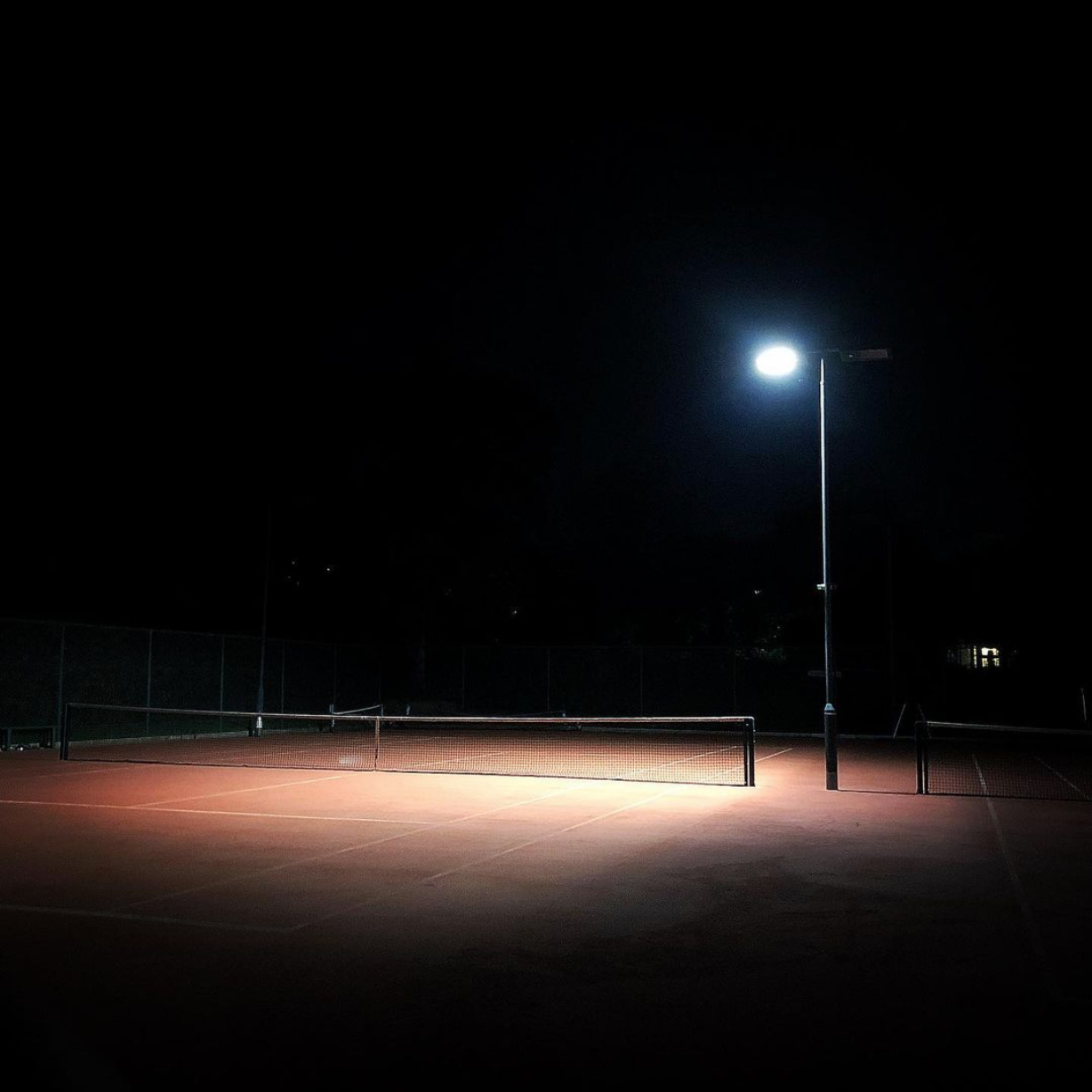
Table of Contents
Hello, Good Lookers!
It's Menka here, with another Just Looking Letter about slowing down and noticing more of this mixed bag called life.
Last time I shared a parable about an elephant, and the ancient philosophy of Anekantvad or the "many-sidedness" of reality. Many of you wrote back to me saying how much you loved this concept, and this inspired me to write a longer piece on the subject, which features Mahatma Gandhi's take on it. You can read it here. Today, I'm sharing an idea that builds on the same theme.
About clichés
I've been thinking about the word "cliché" - which comes from the French word clicher, which means 'to click'. It turns out the word is an onomatopoeia of the noise made by a printing press when something is printed over and over again.
The printing plate in this scenario is also called a "stereotype". When letters were set one at a time, it made sense to cast a phrase repeatedly, as a single slug of metal. So cliché came to mean a ready-made phrase. Perhaps it was something like in this video below, but with a more pronounced "cli" and "cher" sound.
Our perceptions can become clichés too, if we keep repeating them as if they were metal stereotypes, printing the same story in our minds, again and again. The problem with stereotypes is not that they are untrue, or unhelpful, but that they are incomplete. Flowers are lovely, but thorns can be wondrous too.
One of the easiest and most reliable methods that I know of to challenge stereotypes in our own minds, and increase the diversity our stories we are able to see, is simply to talk to other people with an open mind, understand what they see, and build up a different picture of the world - even if momentarily.
Looking Exercise
Notice your personal clichés
One category of clichés is what we consider beautiful. There are certain sights in life that we repeatedly find "beautiful", and if you enjoy photography these will often feature highly in your collections. Your family having fun, perhaps. Sunsets! On the other hand there will be sights we usually turn our gaze away from without even thinking about it, or perhaps we don't even notice them in the first place.
Take a look around you right now, wherever you are, and notice the first thing you find beautiful, even in the smallest of ways. Might this be one of your personal clichés?
Below is one my mine. I love noticing raindrops on windows, especially when it's cold out, and I'm feeling grateful for being warm and cosy inside. This isn't to say that the image and story isn't worth appreciating, but it's helpful for me to be aware that this is something I find easy to appreciate, it's a groove that has been carved in my brain through repetition. Through clicking.
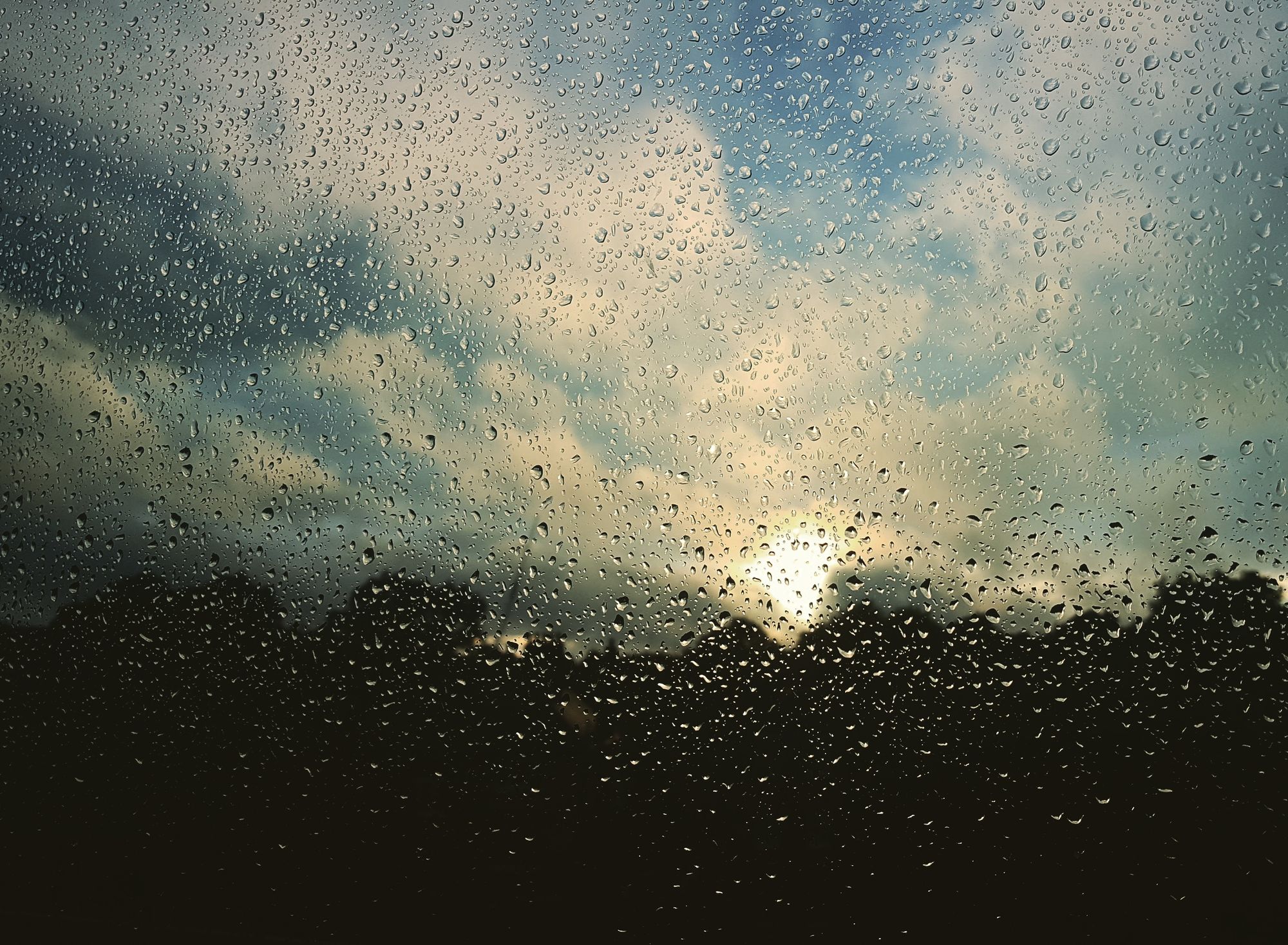
Share your photo: As always, you're welcome to share what you see with me (just reply to this email), or over on Instagram with the rest of the community.
Links about Looking
The Joys of Being Beginner For Life [Listen / Read]
The Guardian publishes "Long Reads" and some of them are conveniently turned into podcast episodes. Here is a great one about the joy of being a beginner for life. It is written by a parent, Tom Vanderbilt, who laments how children are so enthusiastically encouraged to learn, while adults are often sneered at for starting something (like chess, or tennis) later in life, as though "it's too late". Of course, it's never too late to look at something with fresh eyes. It's an extract from this book:

Side note on books - my new favourite place to buy books, pre-loved, is World of Books that supports the circular economy. And, if you're in need of a new read, here are some of my other book recommendations.
Picture Perfect? [Read]
Speaking of clichés, I love many of Steve McCurry's images and he was actually the first photographer whose book I ever bought. But this article made me rethink. Did his work really honour the complex reality of those whose stories he was trying to tell, or was it just his own story as an onlooker that was emphasised?
"How do we know when a photographer caters to life and not to some previous prejudice? One clue is when the picture evades compositional cliché. But there is also the question of what the photograph is for, what role it plays within the economic circulation of images.
Thomas Merton [Watch]
Excellent short film about the renowned mystic, writer and photographer, in his final years of living in solitude. One of his phrases which I appreciate is the notion of an "unmixed attention", free from distraction and artifice. (Thanks to Kim Manley Ort for this link.)
Surprise as an Enabler of Seeing [Read]
Austin Kleon on the role of expectations in limiting what we see. And a mention of a quote (and book title) that is one of my mottos: "Seeing is forgetting the name of the thing one sees" by Robert Irwin.
A Blind Photographer [Read]
Explore the amazing photography practice of Rosita McKenzie. Below are three of her images: (1) Tree of Light (2) School of Sparkling Seahorses and (3) Lights.

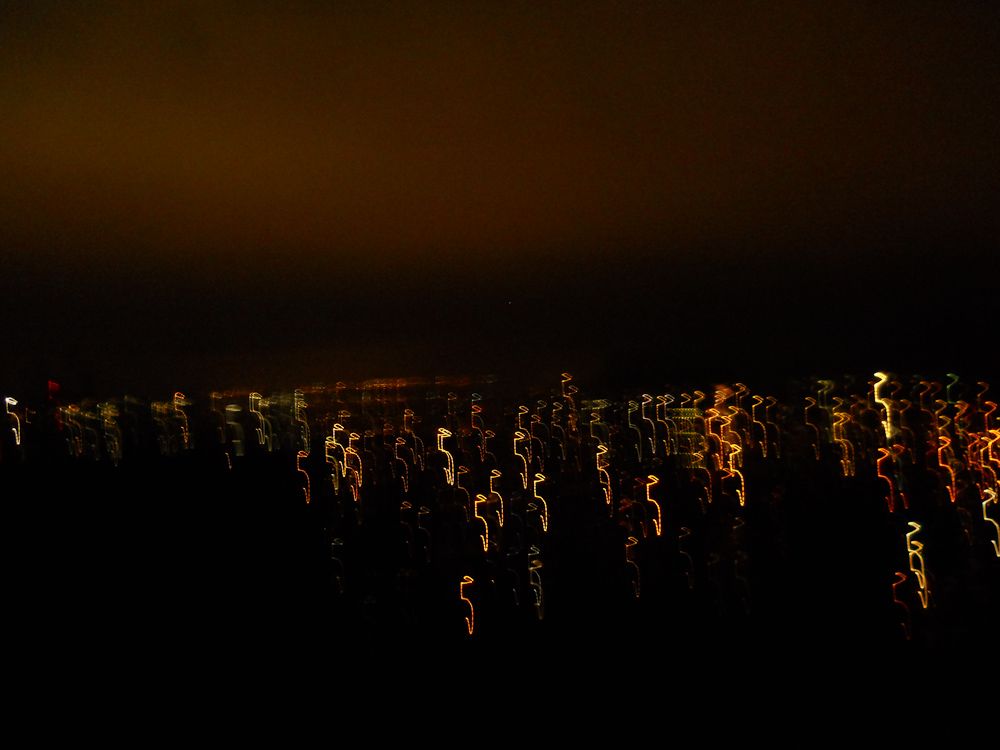
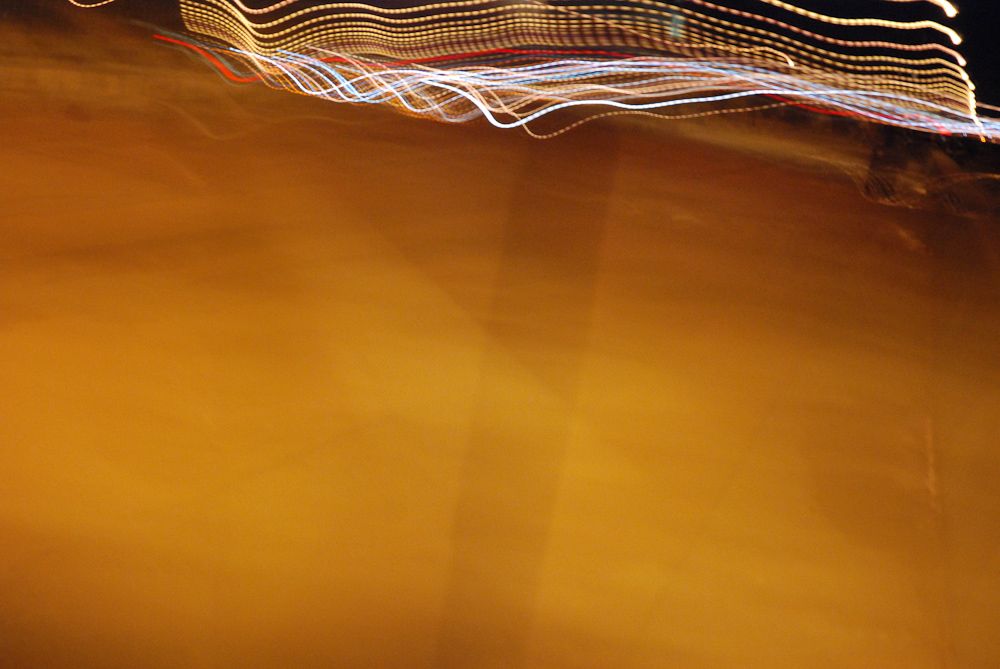
That's all for this time, dear readers. See you again in two weeks (new cadence I'm trying out.) Meanwhile, I hope you enjoy the crunchy orange leaves if you live in the Northern hemisphere. May you find fresh ways to notice and enjoy them.
Yours in curiosity,
Menka
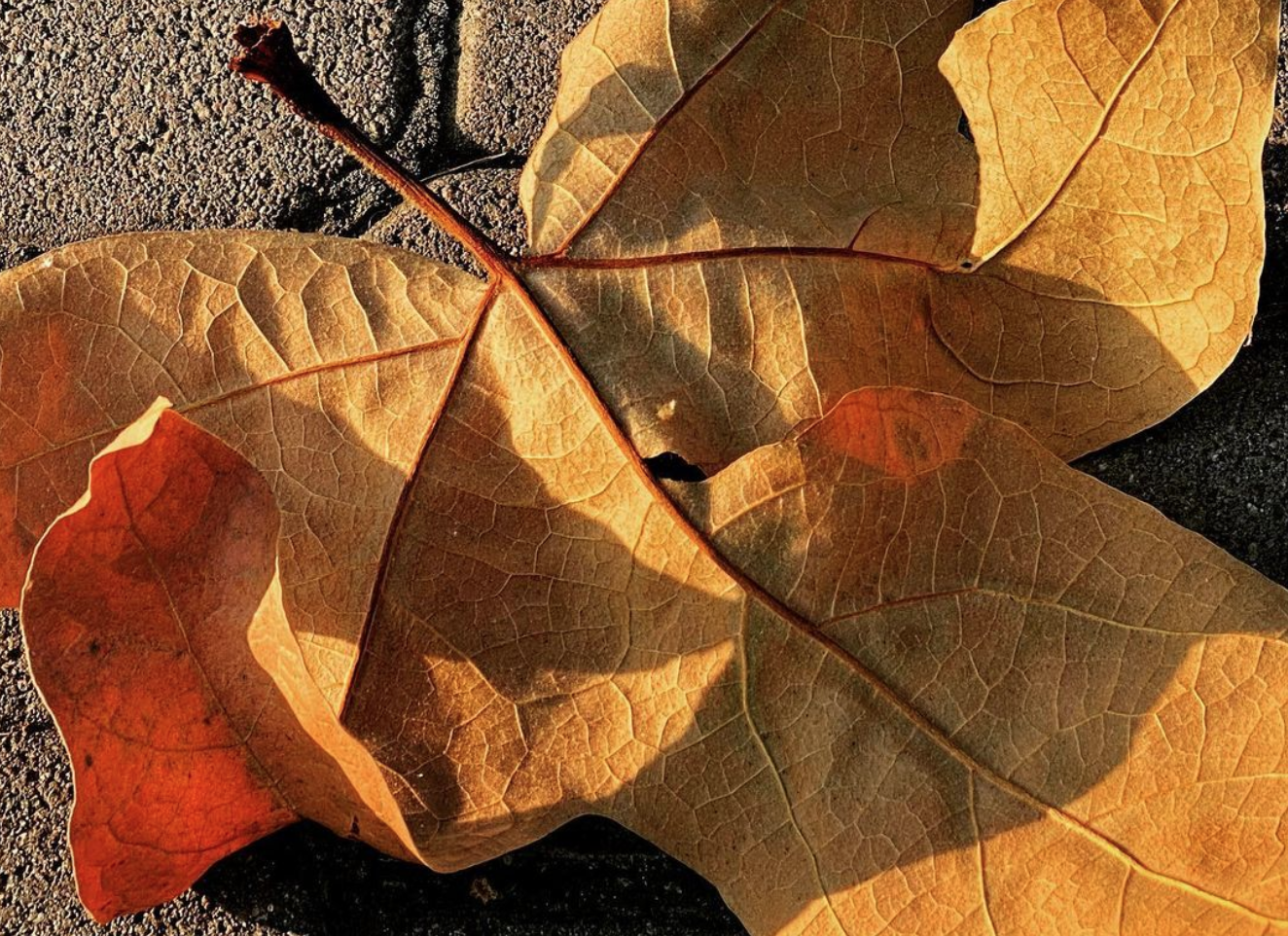
Just Looking Newsletter
Join the newsletter to receive the latest updates in your inbox.



